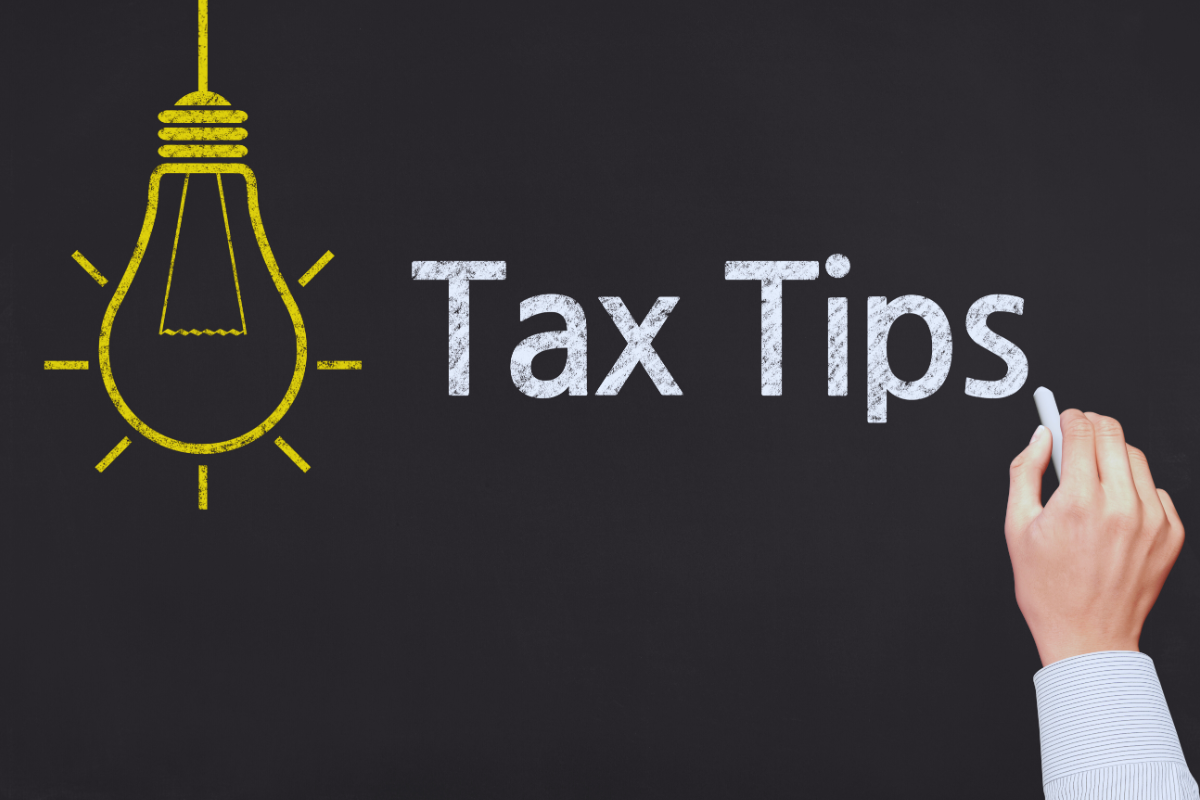Tips for planning expenses before the tax season
Tax season is a crucial time to review your personal finances and make sure you are prepared for the associated expenses. Planning your expenses before tax season will help you maximize your savings and avoid unexpected surprises as the end of the year approaches. Here are some key tips for planning expenses before tax season so you can manage your money effectively.
One of the first things you should do is review your spending from the previous year. Evaluating your financial habits will allow you to identify areas where you can cut back or adjust your budget. By reviewing your transactions, you can spot unnecessary spending and make adjustments before tax season. This way, you will avoid burdening yourself with debt or expenses that affect your ability to pay taxes or save.
Additionally, it’s important to consider deductible expenses before the year ends. By planning your expenses before tax season, you’ll be able to take full advantage of available tax deductions. Some examples of deductible expenses include retirement plan contributions, charitable donations, and medical expenses if they exceed a certain threshold. Planning ahead will allow you to make these expenses before the deadline and therefore reduce your tax burden for the current tax year.
If you have investments, now is a good time to review your portfolio and make sure your investments are aligned with your financial goals. Taking stock of your assets and investments before tax season will help you make informed decisions, such as selling assets at a loss to offset capital gains, a strategy known as “tax loss harvesting.” This tactic can help you reduce your tax bill, since losses can offset gains.
Another important tip is to review your savings and assess whether you need to adjust contributions to your emergency fund or tax-advantaged savings accounts. If you haven’t met your savings goals for the year, now is a good time to make additional contributions. Remember that certain types of accounts, such as health savings accounts (HSAs) or retirement accounts, have annual contribution limits, and taking advantage of these limits can offer you significant tax advantages. If you still have room to contribute more to these accounts, doing so before the end of the year can help you reduce your taxes.
Additionally, it’s a good idea to get any outstanding debts sorted before tax season. If you have high-interest debts, such as credit cards, it’s wise to make an effort to pay them off before the year ends. The interest accumulated on unpaid debts can affect your ability to save and invest, which in turn could impact your finances in the long run. Planning and paying off debts will allow you to enter the new year on a stronger financial footing.
If you own a business or are self-employed, another crucial aspect of planning before tax season is making sure all of your business expenses are well documented. This includes the costs of equipment, supplies, and any other expenses related to your professional activity. Keeping detailed records of your expenses can help you obtain tax deductions, which will reduce your tax burden and improve your financial results at the end of the year.
As tax season approaches, planning expenses before tax season is essential as well as starting to organize your financial documents. Gathering all of your receipts, forms, and statements will allow you to have a clearer view of your finances when it’s time to file your taxes. If you hire an accountant or tax advisor, having all of your documents ready ahead of time will make the process more efficient and less stressful.
Finally, if you have children or dependents, don’t forget to consider tax deductions related to them. Tax season is a good time to review tax benefits you can get for your dependents, such as child care deductions or education deductions. These benefits can significantly reduce your tax bill, so be sure to take them into account before the end of the year.
In short, planning expenses before tax season is critical to ensure that you not only meet your tax obligations, but that you can also maximize your savings and deductions. Review your expenses, evaluate your investments and savings, organize your debts, and keep good records of your documents. Proper planning will allow you to enter the new year with a stronger financial focus and less stress.

